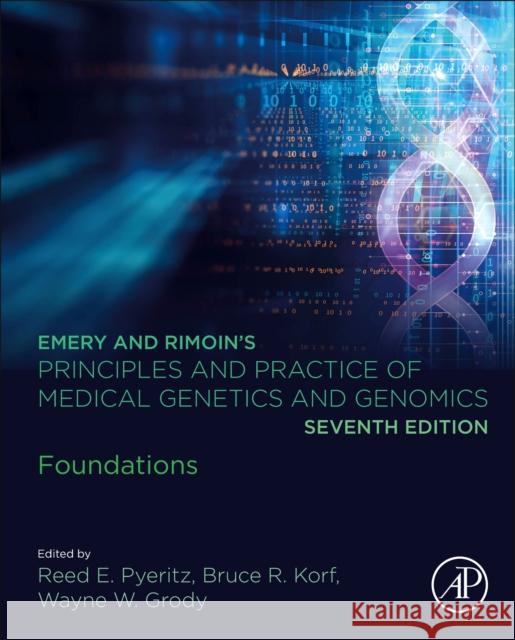Emery and Rimoin's Principles and Practice of Medical Genetics and Genomics: Foundations » książka
topmenu
Emery and Rimoin's Principles and Practice of Medical Genetics and Genomics: Foundations
ISBN-13: 9780128125373 / Angielski / Twarda / 2018 / 572 str.
Kategorie:
Kategorie BISAC:
Wydawca:
Academic Press
Język:
Angielski
ISBN-13:
9780128125373
Rok wydania:
2018
Ilość stron:
572
Waga:
1.28 kg
Wymiary:
23.88 x 19.56 x 3.81
Oprawa:
Twarda
Wolumenów:
01
Dodatkowe informacje:
Bibliografia
Wydanie ilustrowane
Wydanie ilustrowane











